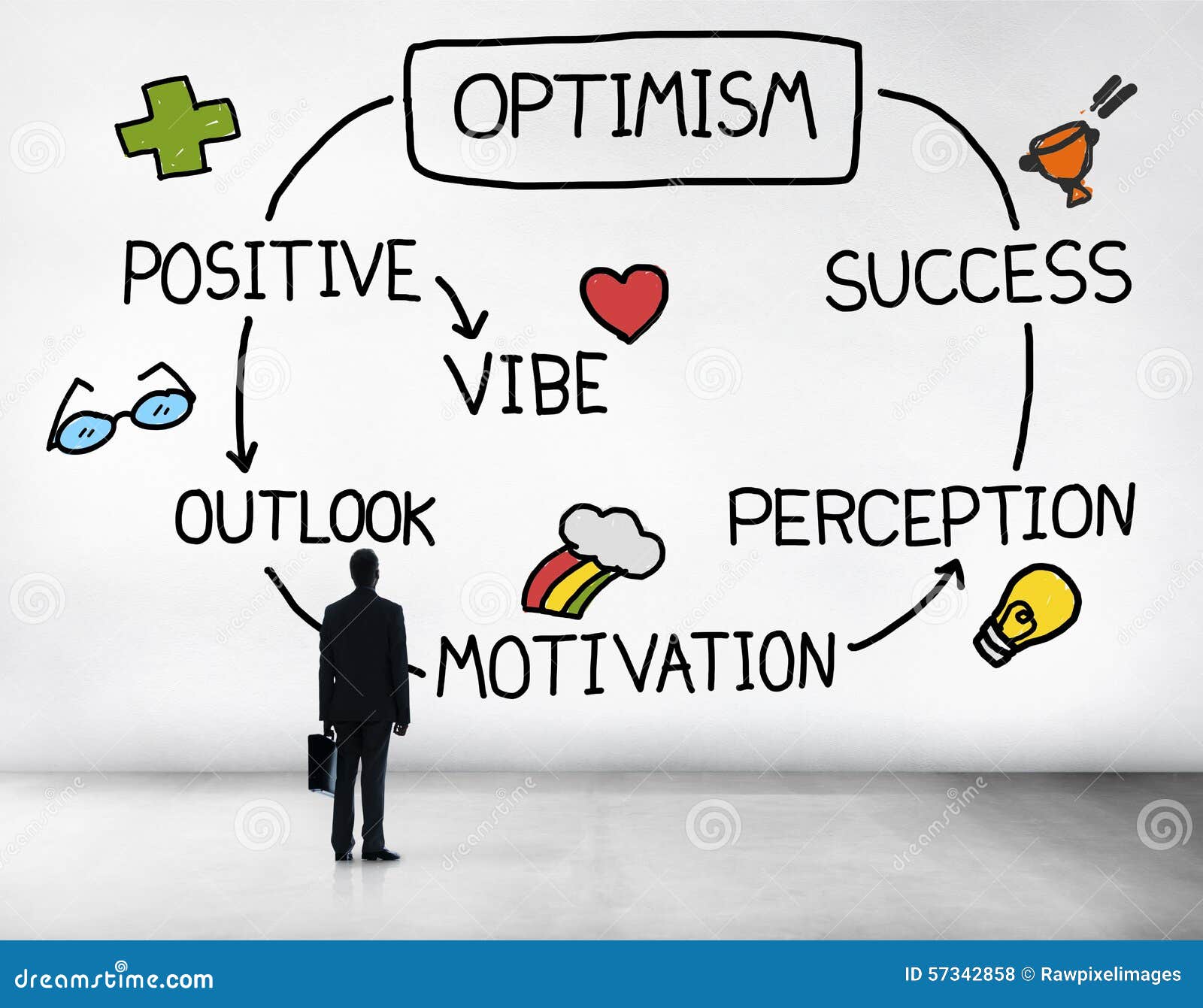
No matter what the circumstances, the outcome will be right for us. Lastly, positivity is the idea that things will always work out well for us.

Optimism is an appropriate attitude in many situations when we don't dismiss the possibility of negative outcomes and can cope when they happen. Like all biases, this can distort the signals that our environment is telling us and cause us to focus on what we would prefer to happen rather than on what is likely to happen. It too has a motivational impact but it is a biased position tilted towards an expectation of good outcomes. It goes beyond hope in that it injects positive bias into our ideas about the future. Secondly, optimism reflects a tendency to look at things in a positive way and reflects an increased expectation that things will, most of the time, go well.

Hope probably reflects the default position for most people in most situations. Hope doesn't directly reflect what we think the outcome will be but rather reflects what we want the outcome to be. It injects us with a reason to keep trying and persevering, it and has a strong motivational impact on us. It is an expression of our desire for a better future for ourselves and others. It could perhaps be explained more simply by one of my favourite heroic fictional characters - Jack Reacher from Lee Child’s novels - whose mantra is ‘hope for the best, plan for the worst.Image credit: © kevin dooley via Compfight cc -įirstly, hope is an expression of our wishes that things will turn out well. It therefore describes a mindset of balancing optimism with realism. The Stockdale Paradox combines facing into the current situation, and appreciating that it may be very difficult, while also holding on to the faith that a positive outcome is still possible. It is named after James Stockdale, a former candidate for US vice president, high-ranking naval officer, and Vietnam Prisoner of War for seven years. It is a really useful theory for leaders to consider when facing challenges, as many are in the current environment. The Stockdale Paradox illustrates how optimism can be balanced with realism to achieve successful outcomes. One theory which helps explain this is the Stockdale Paradox, made popular by the book ‘Good to Great’ by Jim Collins.

They take time to understand their environment and spot all the possible pitfalls, which ultimately makes them better equipped to avoid them. Optimists, while hoping for a positive outcome, are more realistic. I therefore feel that it is not as grounded in reality as optimism, as it seeks to quash anything that could be perceived as negative. The dictionary definition of optimism is ‘hopefulness and confidence about the future or the success of something’ while positivity is ‘the practice of being, or tendency to be positive or optimistic in attitude.’ Although adopting a positive mindset can help us get through difficult times, it tends to focus purely on mind over matter - thinking positive thoughts and banishing all negative ones. Many people won’t have considered that there is one, but there is a subtle difference, and understanding this can help leaders develop the right mindset and attitude for success. I find it very interesting to examine the difference between optimism and positivity.


 0 kommentar(er)
0 kommentar(er)
